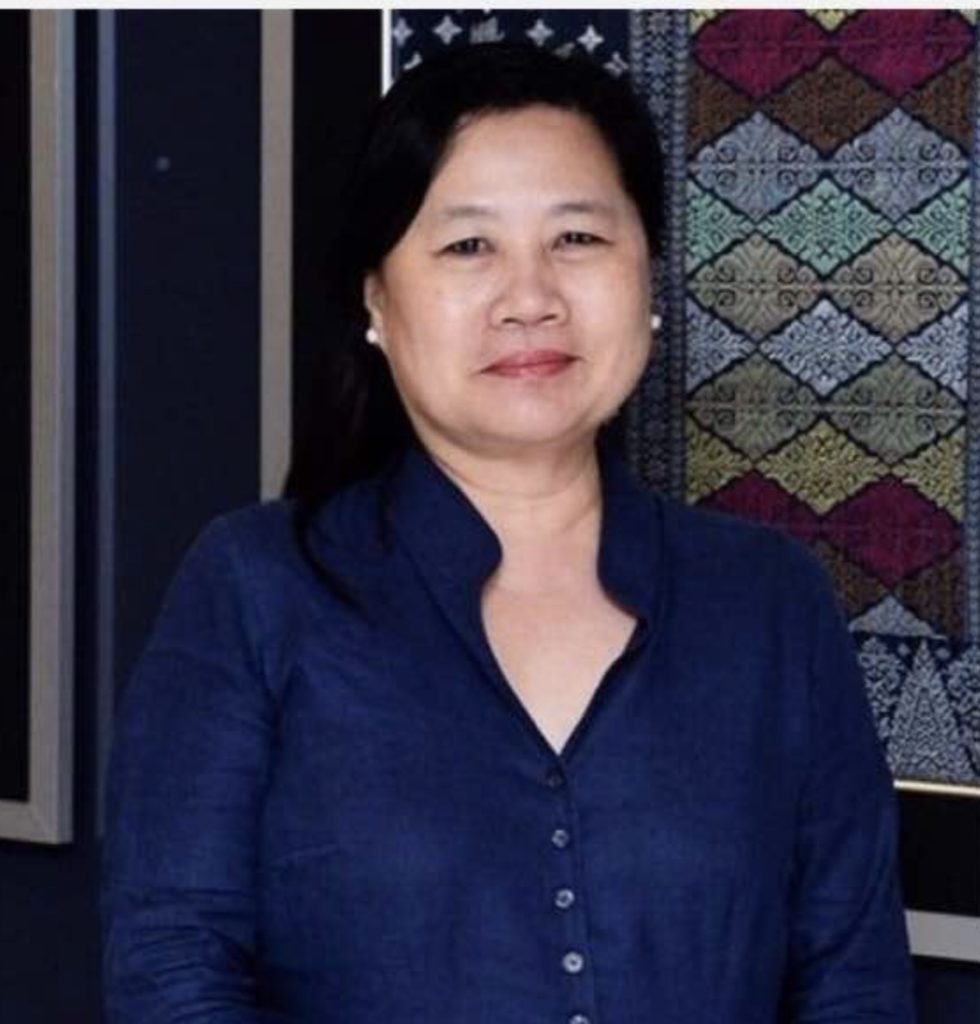
Guided by personal ethics of ‘do more good’, Yuet Mee Ho-Nambiar has a long involvement with sustainability and community building activities. Belief in the oneness of humanity and the nobility of man underpins her interest in matters relating to unity and social cohesion of communities, while her background in a finance-related profession focuses her interest to the area of inclusive economics and development.
WE ARE ONE
By Yuet Mee Ho-Nambiar
Happily, we have witnessed innumerable manifestations – and savoured the sweetness – of such Muhibbah over the years – from enduring bonds of solidarity and common purpose to stories of cultural and interfaith understanding, to positive and unifying aspects of diversity of Malaysians at the level of personal lives, within community circles, in organisational setups, and by institutional parties.
Proudly, the country is palpably one whenever our Malaysian youth are in the finals of International tournaments. The social media would erupt with words of encouragement and shouts of pride. Another sweet spot is around our food. We tuck in each other’s nasi lemak, banana leaf rice, and chicken rice, and defend with extreme vigour when other countries claim the origins of these Malaysian delights.
However, every now and then, comments and actions fractured, to varying degrees, along racial, cultural, and religious lines would emerge. Which painfully brings to the fore that our Malaysian unity is rather fragile and needs continuous nurturing.
Over the years, many have expounded ideas, government party of the day had their rallying cry to deliver on the promise of greater unity. In their endeavour to deal with this complex social phenomena, structural changes such as policies are re-formed, resource flows get re-directed, and practices are re-aligned.
These are explicit changes that are indeed necessary. However, as such changes are not deeply embedded in the thinking and the relationships of all involved, such efforts no matter how well-meaning often do not deliver the desired long-term results.
To bring about lasting change, the nature ofrelationships and connections, and the power dynamics between individuals, communities, organisations, and institutions also need to shift.
The nature of our relationships impacts the way we communicate with each other, the level of trust impacts outcomes. Deep-seated change is more likely to happen when our mental models or our worldviews – formed by our beliefs and underlying assumptions and which influence our habits of thoughts and the way we speak – are also transformed. We are all familiar with the common saying that ‘We cannot solve our problems with the same thinking we used when we created them.’
In our increasingly interdependent world, efforts must be guided by a vision of the Malaysia we wish to have and be animated by a set of universal values which shape our language and steer our actions. To attain that vision, there needs to be appropriate mental models to underpin and anchor the language and the efforts.
One appropriate mental model for unity is to realise that there is only the one human race. We are a single people, inhabiting the planet earth, one human family bound together in a common destiny, a single entity created from one same substance. Discrimination originates not in the skin but in the human mind.
At the root of all forms of discrimination and intolerance is the erroneous idea that humankind is somehow composed of separate and distinct races, peoples or castes, and that those sub-groups innately possess varying intellectual, moral, and/or physical capacities, which in turn justify different forms of treatment.
The reality that we are one is more visible now because, only in recent history has it become possible us to perceive our inter-dependence and to become conscious of our wholeness. Crucially, it is within this paradigm of unity, that diversity has its meaning and fulfils its potential to enrich our lives. Without unity, diversity leads to division; without diversity, unity leads to uniformity. Neither uniformity nor division is characteristic of a healthy society.
History has shown us numerous times that Malaysians already possess the collective power to transform ourselves. However, to fashion from divergent conceptions a coherent set of principles with the creative power to unify our population will be no small accomplishment. This is a painstaking task. Notwithstanding that, we can be confident that every sincere effort invested for this purpose will be richly rewarded by the release, from our own selves, of a fresh measure of those constructive energies on which our future depends.
If we truly wish to make real progress to forge our collective aspiration for a Muhibbah Malaysia in a society of increasing polarised interests and accelerating disparities, our common mental model will surely have to be the realisation that we are of one human family, all Malaysians, inhabiting our Tanahair, bound together in a common destiny.
The views expressed here are that solely of the author’s and do not necessarily reflect that of Weekly-Echo’s.